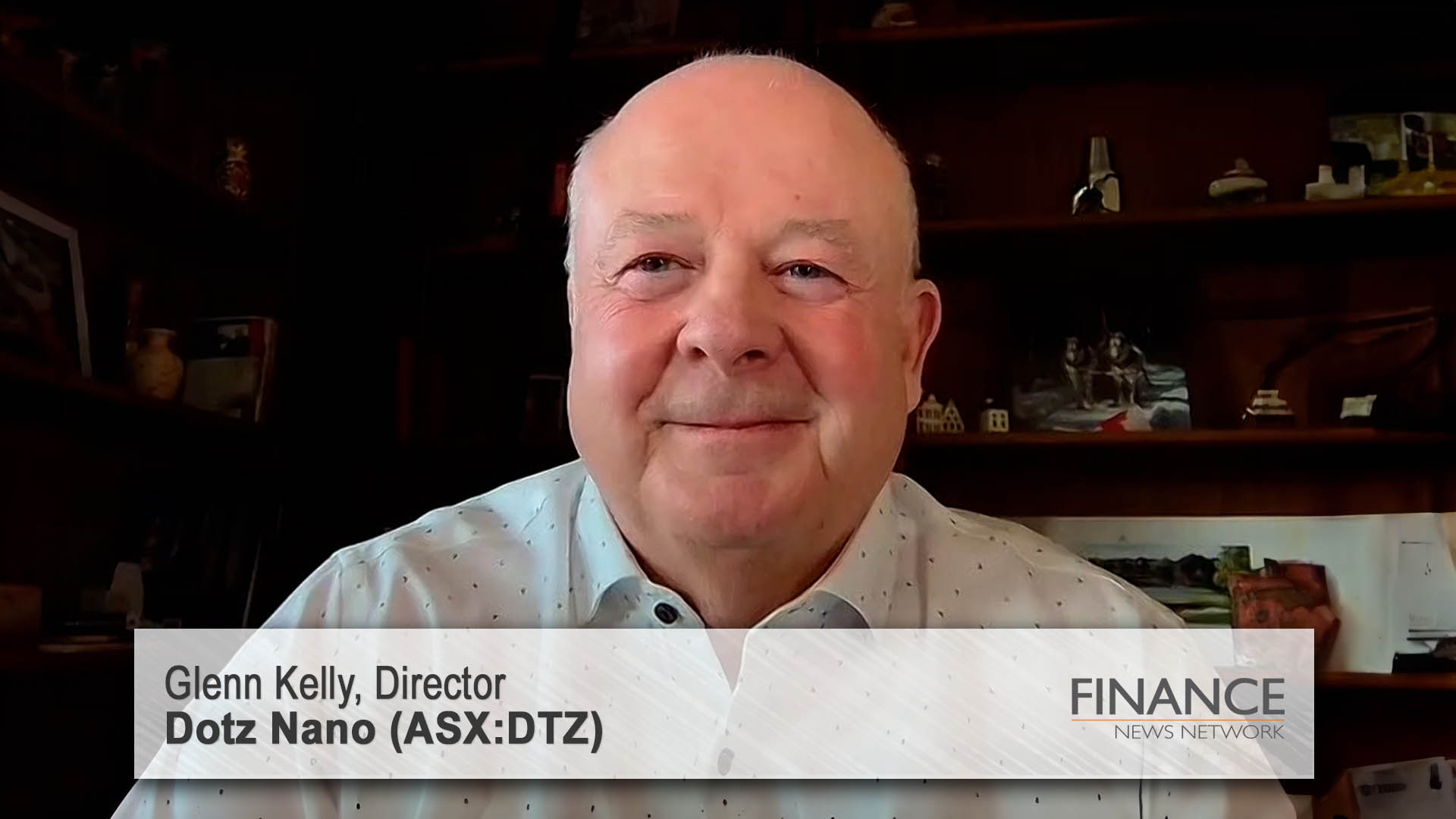So will the Reserve Bank board cut the cash rate tomorrow – while more and more media commentators and others in business are saying ‘yes’, or ‘maybe’ or ’they have to cut’, quite a few business economists are still saying ’no’ this time around, but perhaps March or April.
But a small core of other economists are saying the central bank should cut tomorrow.
The increased speculation about a rate cut followed a column in the Melbourne Herald Sun on Thursday from commentator Terry McCrann who said the RBA will cut rates tomorrow, and he followed up that comment with a similar prediction in the Weekend Australian.
His forecast (he’s been close to the RBA in the past) changed the view of the timing of a rate cut and increased the market’s belief of one happening tomorrow.
But two surveys on Friday – one from AAP and the other from Bloomberg – show a majority of economists still see no rate cut tomorrow, but a rump of forecasters do – which is larger than a week ago when very few saw any chance of a cut, especially after the slightly stronger inflation figures for the December quarter.
Only six out of the 27 economists surveyed by Bloomberg expect the Reserve Bank to cut. But interest rates futures are pricing in a 65% chance of a rate cut tomorrow, a big difference to the reticence of economists.
But the number of economists predicting cuts rises to 12 by March and 14 by the end of the year. The others think rates will remain on hold (and there’s just one forecasting a rate hike this year – in the 4th quarter).
And 15 of the 19 economists surveyed by AAP say the bank will keep the cash rate unchanged at the record low of 2.5% when it meets tomorrow. But 11 predict the RBA will cut the cash rate sometime this year, and 10 of those say it will be before July.
The AMP’s chief economist Dr Shane Oliver wrote on the weekend that while there should be a rate cut as soon as possible, it might not happen tomorrow.
“It’s a close call as to whether the Reserve will actually cut on Tuesday or wait till March as it may prefer to prepare the way for a cut by dropping the reference in its post meeting Statement to a “period of stability in interest rates” being prudent and by lowering its inflation forecasts in its Statement of Monetary Policy to be released Friday. Ultimately it doesn’t matter a lot whether it’s in February or March, but the key is that interest rates need to come down and I expect they will either on Tuesday or if not then in March.”
And he reckons there’s an even money chance of a second rate cut around May.
“The RBA should cut interest rates by 0.25% on Tuesday. Growth is too low, confidence is subdued, prices for key commodities like iron ore and energy have collapsed resulting in a much bigger hit to national income than expected a year ago, the $A remains too high on a trade weighted basis and is set to bounce if the RBA fails to cut soon and benign inflation provides plenty of flexibility for the RBA to move," Dr Oliver wrote.
But another senior economist says the RBA should not rush into a official interest rate cut next week, even though cuts later in the year will be needed.
JPMorgan economist Stephen Walters points out that while there is a “non-trivial” risk the Reserve Bank board will lower the cash rate to 2.25 % tomorrow, the falling dollar and lower jobless rate means there is “insufficient urgency” for an immediate move.
He sees the first rate cut happening in May and June.
“The RBA will use next week’s policy announcement and subsequent release of new lower inflation forecasts to telegraph that board members now have an open mind on easing, should it be necessary,” Mr Walters wrote at the end of last week.
Deutsche Bank economists point out that the falls in oil and petrol prices are acting like two rate cuts so far as consumers are concerned.
Deutsche Bank calculates households are receiving a $7 billion boost from lower petrol prices.
“That’s equivalent to more than 50 basis points of interest rate cuts, or roughly 2 per cent of retail trade and 1/3 the size of the Rudd government stimulus payments,” Deutsche analysts write in a note on Friday.
Deutsche expects households to spend a large chunk of the extra money in supermarkets, rather than on big-ticket items.
“We expect the benefit to discretionary retailers to be relatively small because the outlook for disposable income growth is subdued, sentiment has remained stubbornly low and the ~$15 weekly benefit per household is too small to encourage the purchase of larger ticket items in our view,” Deutsche said.
And Bank of America Merrill Lynch chief economist Saul Eslake is another economist who sees the fall in petrol prices equates to a sizeable rate cut.
"Retail petrol prices have fallen by around 48 cents per litre (or 32 per cent) since last July, which we calculate will save households an average of close to $50 a month – a similar saving to that which would result from a cut in interest rates of 45 basis points,” Mr Eslake said.
For that reason Eslake, believes the Reserve Bank should not cut rates tomorrow. He also worries that a rate cut might add more fuel to the ‘hot’ housing market.
Meanwhile, ANZ expects the RBA board to leave the cash rate steady, but will send a signal that the bank could cut rates in the not to distant future.
“In line with a new easing bias we expect the tone of the statement to shift slightly, focusing on easing mortgage demand and lower inflation as a catalyst to reduce rates a little further,” ANZ chief economist Warren Hogan wrote in a note issued on Friday.
And so does Paul Bloxham, chief Australia economist, at HSBC who wrote on Friday that:
"In deciding whether to cut further, the RBA also needs to weigh the benefits of lower rates against the potential costs of over-inflating the housing market. We think this trade-off will see the RBA sit still with its 2.50% cash rate, rather than cut, but it is close,” Mr Bloxham said.













